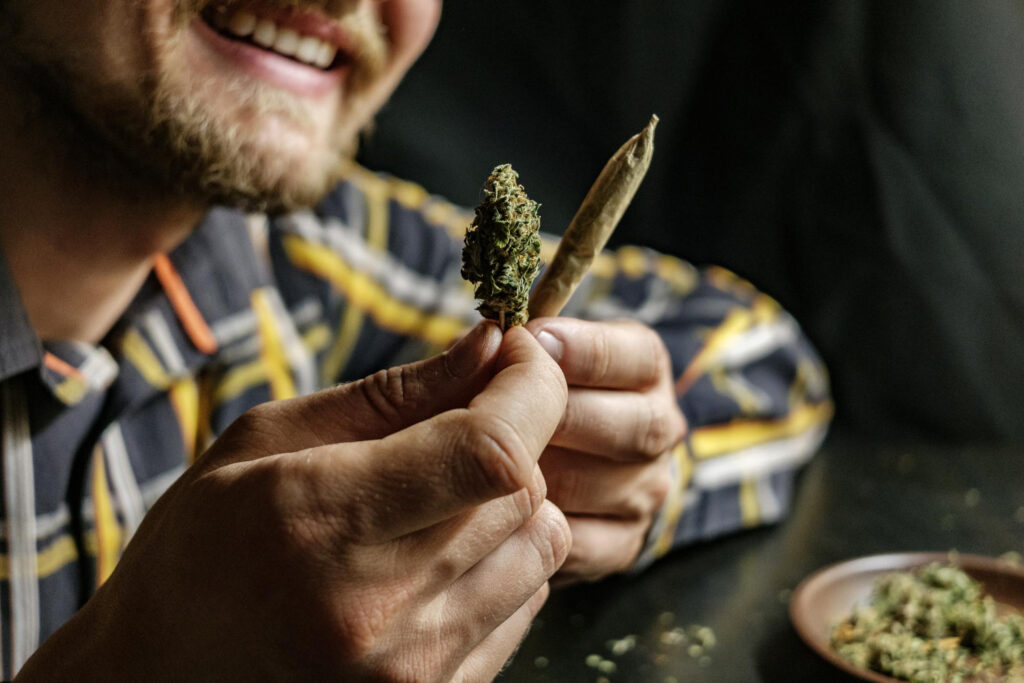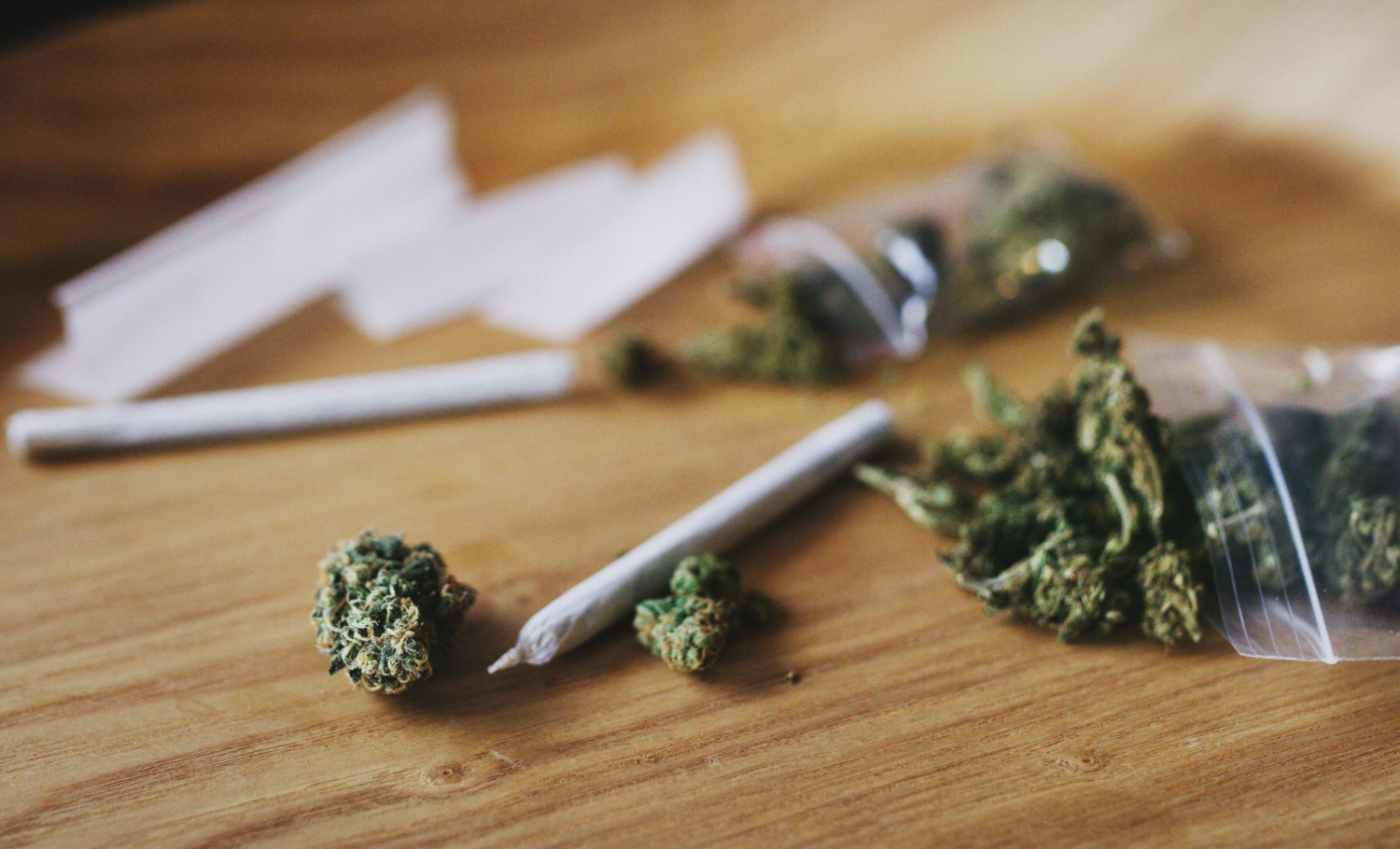In 2025, the enforcement of recreational cannabis laws in Australia varies significantly between states and territories, reflecting the country’s fragmented approach to drug policy. While the Australian Capital Territory (ACT) allows limited possession and home cultivation for personal use, most other jurisdictions maintain strict prohibitions, with penalties ranging from civil fines to criminal charges. Enforcement practices also differ within states, with some prioritizing diversion programs over prosecution for minor offences, while others adopt a zero-tolerance stance. The primary goals of enforcement remain deterring large-scale supply, protecting minors, and addressing public safety risks such as impaired driving. For individuals, understanding how local laws are applied is essential, as the same amount of cannabis that results in a caution in one state could lead to court proceedings in another.
The ACT – Legal Possession but Still Regulated

In the ACT, adults over 18 can legally possess up to 50 grams of dried cannabis or 150 grams of fresh cannabis, and cultivate up to two plants per person (maximum of four per household). While possession within these limits is legal under territory law, enforcement still applies to certain activities. Public consumption remains prohibited, and police can issue fines for smoking or vaping in restricted areas. Supplying cannabis, even without payment, to minors is a criminal offence. Additionally, transporting cannabis across ACT borders can result in prosecution under federal law or the laws of neighbouring states such as New South Wales. ACT police continue to enforce offences relating to unsafe storage, possession of cannabis in public, and any cultivation beyond the legal plant limit.
Decriminalized States – Civil Penalties and Diversion
In South Australia and the Northern Territory, possession of small quantities for personal use is decriminalized, meaning offenders typically face fines rather than criminal records. In South Australia, possession of up to 100 grams of dried cannabis can result in an on-the-spot fine, while in the Northern Territory, up to 50 grams in a private home is permitted without prosecution. However, possession in public or amounts above these thresholds can lead to court charges. Diversion programs in these jurisdictions often direct first-time or low-risk offenders toward education or counselling instead of formal prosecution. Enforcement here focuses less on individual use and more on disrupting supply networks and preventing cannabis from entering schools or youth environments.
Strict Enforcement States – Criminal Charges Remain
In New South Wales, Queensland, Victoria, Tasmania, and Western Australia, recreational cannabis possession remains a criminal offence, though first-time offenders may be eligible for caution schemes or diversion programs. In these states, police have discretion to issue warnings for small amounts, typically under 15 grams, but repeat offences or possession above the limit usually lead to formal charges. Convictions can result in fines, community service, mandatory drug counselling, or even imprisonment for larger quantities. Enforcement is particularly strict for offences involving supply, cultivation, or cannabis use in conjunction with other criminal activities. These states maintain a strong deterrent approach, arguing that it reduces cannabis availability and discourages recreational use.
Federal Law and Cross-Border Risks
Although states and territories control cannabis possession laws, federal law still classifies cannabis as an illegal drug. This creates enforcement challenges, particularly when cannabis is transported across state or territory borders. Someone legally possessing cannabis in the ACT could face prosecution if caught with it in New South Wales. Border enforcement often targets larger-scale trafficking rather than personal use, but individuals should still be aware of the risks. Driving under the influence of cannabis is a criminal offence across Australia, with roadside drug testing actively enforced in all jurisdictions. This applies even in areas where possession is legal, as the presence of THC in saliva or blood can result in penalties regardless of impairment.
Outlook for Future Enforcement

The variation in enforcement and penalties across Australia has led to growing calls for national reform, with some policymakers advocating for a more consistent, harm-reduction-focused approach. Until such changes occur, recreational cannabis users must navigate a complex legal landscape where rules change dramatically from one jurisdiction to another. The safest strategy remains understanding and following local laws, avoiding cross-border transport, and staying within any legal possession limits. As public opinion continues to shift toward decriminalization and legalization, future reforms could see enforcement priorities shift from personal use to regulation, education, and public health strategies.

Leave a Reply